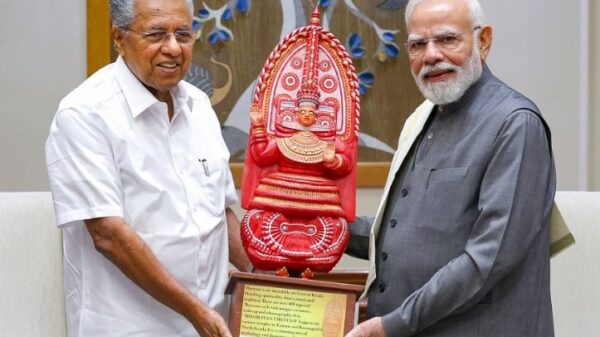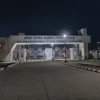Hasan Hussain
The Union government’s decision to undertake a caste census has turned a new page in India’s socio-political story — and nowhere would its imprint be more empathic than in Uttar Pradesh.
For the Congress, the Samajwadi Partyand the Bahujan Samaj Party, the census is about more than counting — it is political ammunition. These parties have been historically strong in OBC and Dalit communities, which, they believe, can now make a claim for proportionate sharing of political and welfare benefits.
The decision is a sharp turnaround by the ruling Bharatiya Janata Party, which had pushed back against demands for a caste census, saying it could exacerbate social divisions. Even the Prime Minister, Narendra Modi, had taken a swipe at the champions of the census himself. But after coming under relentless attack by opposition parties, in particular the Rahul Gandhi-led Congress party, who made it a major campaign issue, and perhaps chastened by electoral losses in the 2024 Lok Sabha contests, especially in UP the government did a U-turn.
Akhilesh Yadav, on the other hand, did not waste any time in advocating “caste-based justice,” in telling the people the census will bring them “real representation.” The BSP, too, sees it as a way to refocus attention on the marginalized — especially as these parties seek to revive electoral fortunes after recent setbacks.
One of the biggest challenges for the ruling BJP party would be to adhere to its ideological plank of “sabka saath, sabka vikas”, whilst trying to accommodate the complicated and often opposing set of demands that the census may throw up. And if the data prompts calls for changes to reservations or for new welfare programs of a kind better suited to the Indian economy, it could also upset large portions of the broader coalition that the ruling party represents.
With the 2027 Assembly elections approaching, the caste census lays the groundwork for a potentially revolutionary era in Uttar Pradesh politics. It is unclear if the BJP will successfully navigate the process and reorganize its social coalition, or if it will result in a situation where increased caste mobilization challenges the party’s Hindutva narrative. The data’s interpretation and release will also be crucial.
For now, the decision has reshaped the political discourse, placing caste identity and social justice firmly back at the center of the debate in one of India’s most politically significant state.




























































